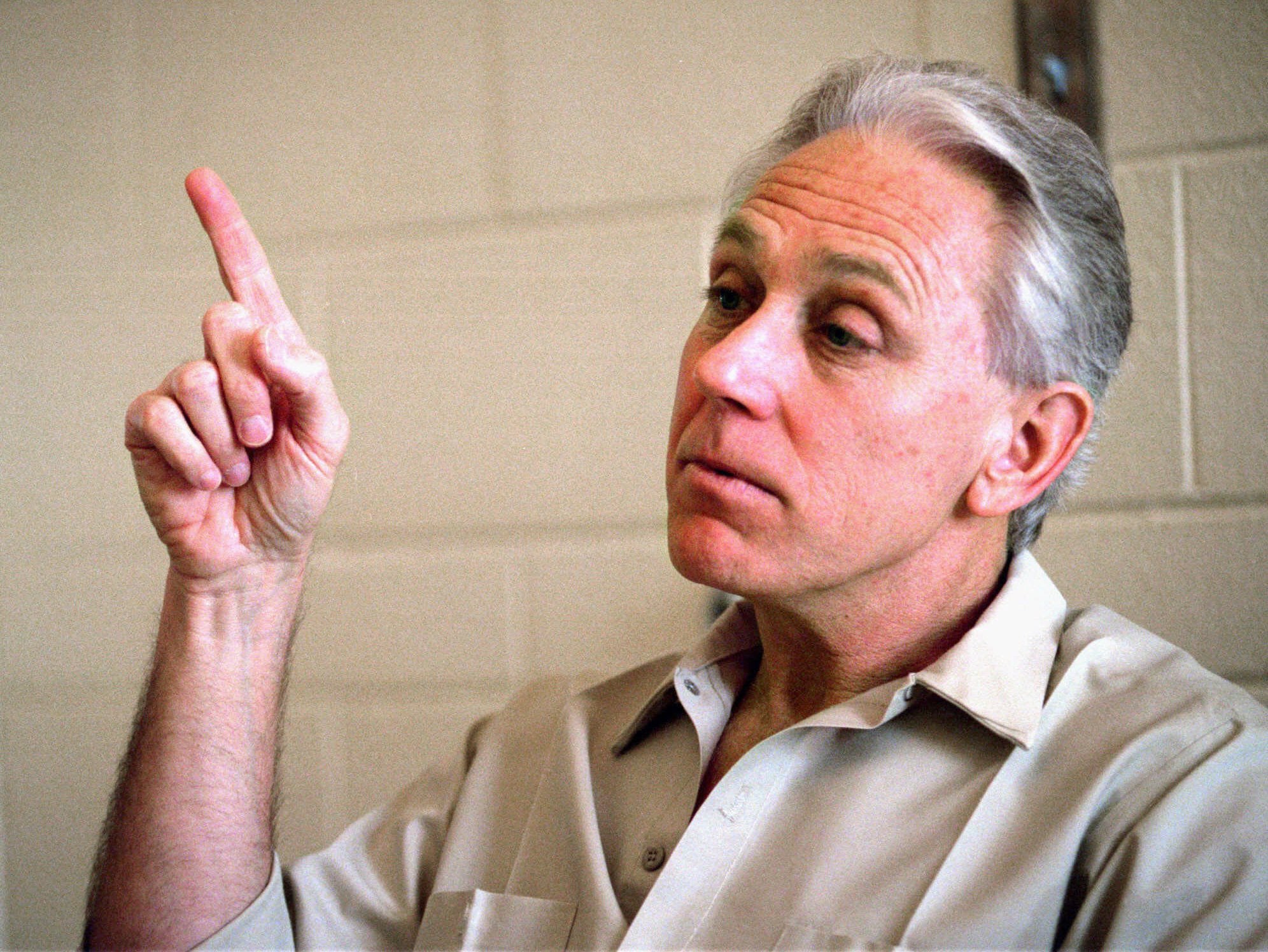RICHMOND, Va. — A former Army surgeon convicted of slaughtering his pregnant wife and two young daughters at Fort Bragg nearly half a century ago will not get a new trial, a federal appeals court ruled Friday in the latest legal defeat for the former Green Beret.
Jeffrey MacDonald, now 75, has adamantly maintained his innocence in the 1970 slayings and insisted that his family was killed by drugged-up hippies, including a woman who chanted "acid is groovy; kill the pigs."
Prosecutors say MacDonald killed his wife, 26-year-old Colette McDonald, and their daughters Kimberley, 5, and Kristen, 2, with a knife and ice pick, then stabbed himself with a scalpel to make it look like he was attacked while trying to protect his family.
They say he used his wife’s blood to write the word “PIG” over their bed to mimic the Charles Manson murders six months earlier.
RELATED

After decades of failed appeals, MacDonald again sought to clear his name by asking the 4th U.S. Circuit Court of Appeals to overturn a federal judge's 2014 ruling rejecting a new trial. On Friday, the 4th Circuit court upheld that ruling.
MacDonald's latest appeal was based on three hairs found at the crime scene that did not match the family's DNA and a statement from a deputy U.S. marshal who accused the prosecution of intimidating a witness. A three-judge panel of the 4th Circuit agreed with the lower court judge that the new evidence does not warrant a new trial.
"Simply put, we cannot say that the new evidence ... considered with all the other evidence, would be sufficient to establish by clear and convincing evidence that no reasonable factfinder would have found him guilty of the murders of his wife and daughters," Judge Robert King wrote for the panel in the unanimous ruling.
The killings became known as the "Fatal Vision" case, the title of a 1983 true-crime book MacDonald asked author Joe McGinniss to write to show that he was innocent. Instead, McGinniss became convinced of MacDonald's guilt.
MacDonald is serving three consecutive life sentences.
His lawyer, Hart Miles, called the ruling "devastating news," but said MacDonald "will continue to fight for his freedom."
"He continues to maintain his innocence and wants to express his sincere thanks to all the supporters who have stood by him," Miles said in a statement.
The 4th Circuit overturned MacDonald’s convictions in 1980, ruling that the nine-year delay to bring him to trial violated his right to a speedy trial. The U.S. Supreme Court reversed that decision in 1982, and MacDonald was returned to prison.



